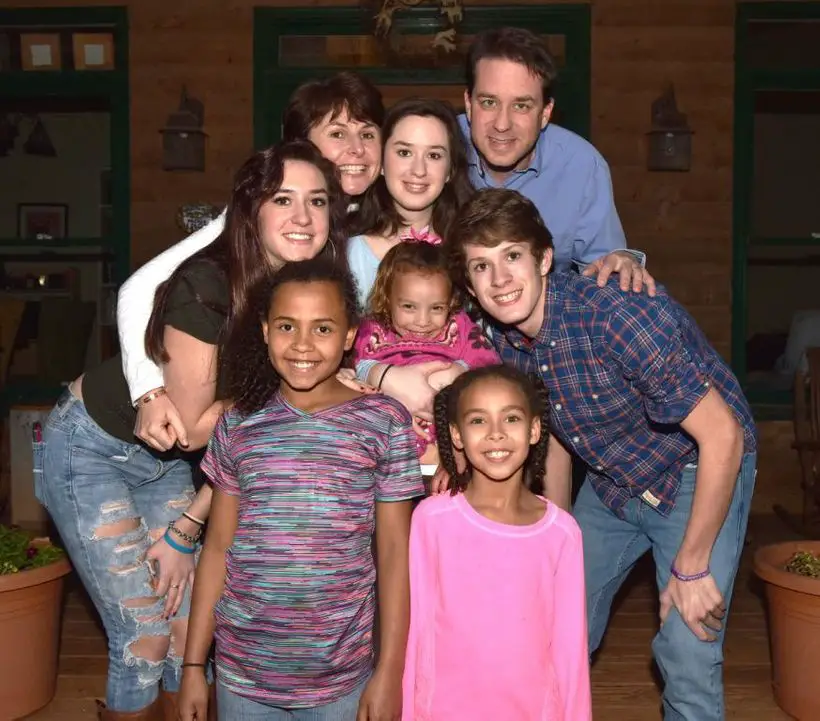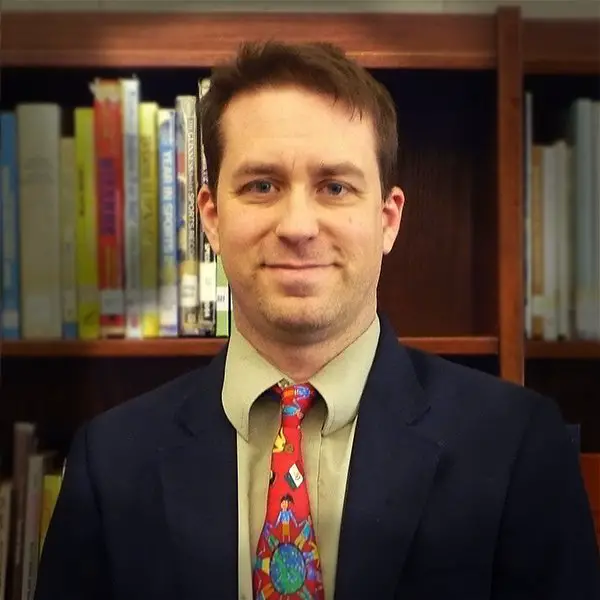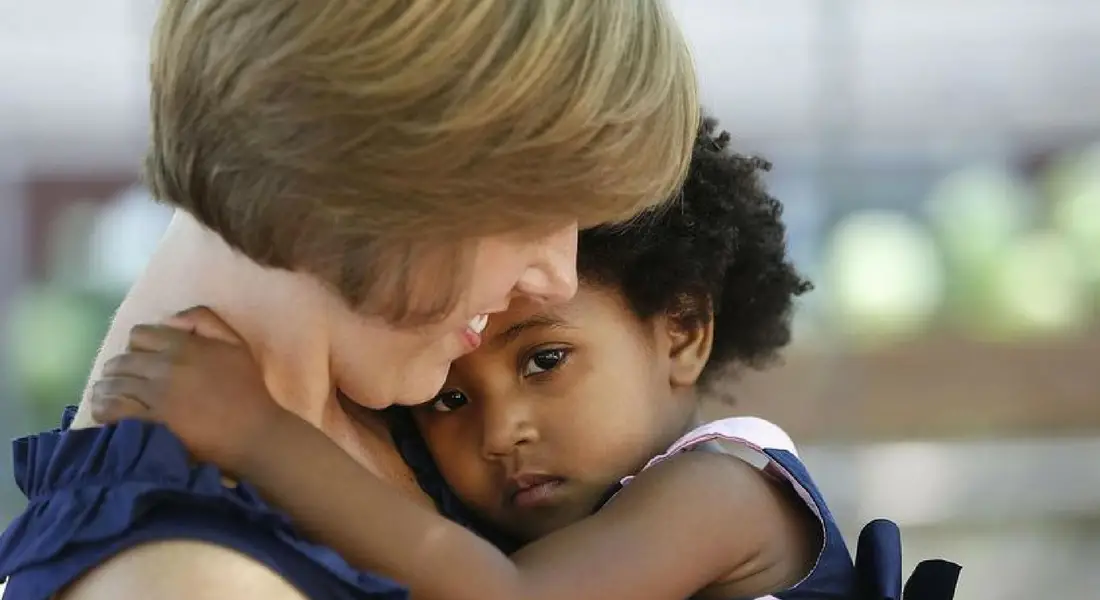Children abused. Children neglected. Children abandoned.
Children being placed into foster care; a foster care system where there are not enough homes.
The media and news continue to report on the shortage of foster parents and foster homes across the nation. In Georgia and Tennessee, child welfare workers fight to find homes for the increasing number of children in care. In Texas, the lack of foster parents results in some children from foster care sleeping in child welfare offices. In Indiana, where the number of children being placed into foster care has reached an all time high, the state is scrambling to find more foster parents to care for the increased number of children needing a home. On the West Coast, California faces the same challenge, as the shortage of foster parents has grown to record numbers. The Children’s Home Society in North Carolina struggle with their own “state of crisis.”
The shortage of foster homes across the nation can in part be attributed to the increase of children being placed into care. In some parts of the nation, there has been a sudden and large increase of children placed into care due much in part of an increase in parental drug usage and substance abuse, with Heroin use being the chief drug increasing among parents. Other substance abuse among parents include meth, cocaine and prescription medication abuse.
Other areas of the nation face the challenge of both recruiting foster parents and of retention, or of keeping strong foster parents. Indeed, the turnover rate of foster parents ranges from 30% to 50%. Thus, 30% to 50% of foster parents make the decision to no longer be a foster parent home for children in need. As a result, with the increase in children in foster care paired with the decrease in number of foster parents, the end result is simply that there are not enough homes for children in need to be placed in, or a child is moved from one home to another, and so on and so forth.

A recent study by The Foster Care Institute found that foster parent retention suffers from several different factors. To begin with, the majority foster parents taking part in the survey indicated that they were currently or had suffered from feelings of grief and loss. Of this number, half expressed they did not feel supported by their case worker or agency during this time, with only 36 stating that they did feel supported. A minority of foster parents surveyed stated that they felt that they were included in the decision making of the child placed in their home. A percentage of foster parents felt that they did not receive the training they needed each year to be an effective foster parent. Training and resources for foster parent burnout and grief also was lacking, as only 33% felt that they had adequate training in this regard. Furthermore, more than half felt that they wanted to quit being a foster parent at some point, with 19% of these stating that they felt like quitting more than once.
“Recruiting foster parents has become more and more challenging over the years,” said Kim Phagan-Hansel, editor of Fostering Families Today.
“Today it’s so much more than taking a child into your home and providing food, shelter and love. There are hefty requirements for foster parents from on-going training to doctor, court and parental visitation appointments, in addition to the day-to-day demands of caring for the child.”
“In today’s world foster parents need to know so much more about child development and the impact of trauma on a child’s brain development,” Phagan-Hansel said. “Foster parents also need to understand that the first goal of foster care is to work toward reunification of a child with his or her parents and to help support that. It’s not an easy job and it requires a lot of time, energy and understanding of not only the needs of the child, but of the demands of the foster care system as well.”

The look of foster care and adoption. The author, Dr. DeGarmo, with his family.
To be sure, foster parenting can be incredibly challenging, and might just be the most difficult “job” a person tackles in one’s life. At the same time, it can also be the most rewarding job a person does in his or her lifetime. Lives are changed for the better, not only for the child many times, but for the foster parent, as well. In order for a child in need to find a loving, safe, and stable home, foster parents need to find the emotional, educational, physical, and financial support they need, as well. If not, both the child in foster care and the foster parent will suffer.
And a child will not have a place to call home.
Originally posted on www.huffingtonpost.com
John DeGarmo, Ed.D.

Born in 1969, Dr. John DeGarmo has worn many hats throughout his life. Singing and dancing while touring around the world in the international super group, Up With People, serving as a D.J. at four different radio stations on two different continents, working in the professional wrestling industry, teaching English and Drama at the high school level, and working as a media specialist at two different schools, Dr. DeGarmo has had a variety of experiences.
Dr. DeGarmo has a B.A. in History, a Masters in Media Technology, a Masters in Educational Leadership, and a Doctorate in Educational Leadership from Walden University. Dr. DeGarmo wrote his dissertation on Responding to the Needs of Foster Children Face While in Rural Schools. He is the author of several foster care books, including the training book The Foster Parenting Manual: A Practical Guide to Creating a Loving, Safe, and Stable Home, as well as the foster care children’s book A Different Home: A New Foster Child’s Story. Dr. DeGarmo is a dynamic speaker and informative trainer on the foster care system, and travels extensively, meeting with foster parents, child welfare workers, churches, schools, and organizations. He writes regularly for many magazines, and is a regular contributor to the Huffington Post, several publications, and newsletters, both in the United States and in Europe.
Dr. DeGarmo is married to Dr. Kelly DeGarmo, who hails from Australia, and the two of them have six children, both biological and adoptive. Dr. DeGarmo and his wife are also currently foster parents to three siblings, bringing their household to nine children. Dr. DeGarmo has been a foster parent for dozens of children for over a decade now. He has a passion for foster children, and is driven to bring education and insight into general society about all things foster care.
Dr. DeGarmo and his wife are the recipients of the Up With People Every Day Hero Award for 2015. The two also were honored in 2016 with their city’s Citizens of the Year Award.
Learn more about Dr. DeGarmo at DrJohnDeGarmoFostercare.weebly.com




















